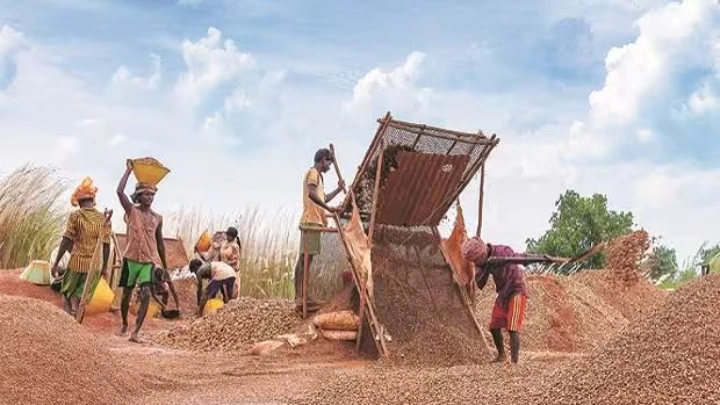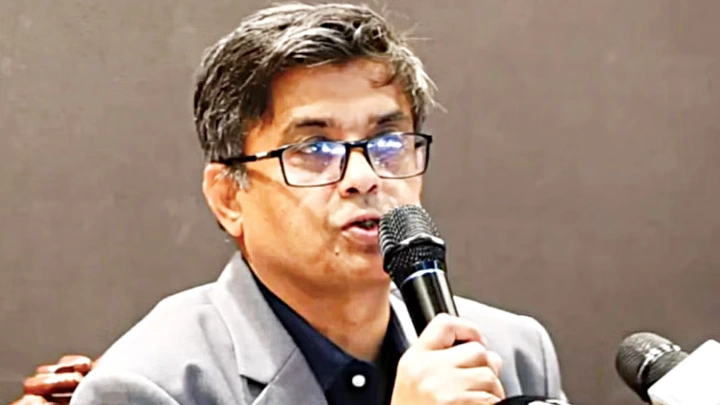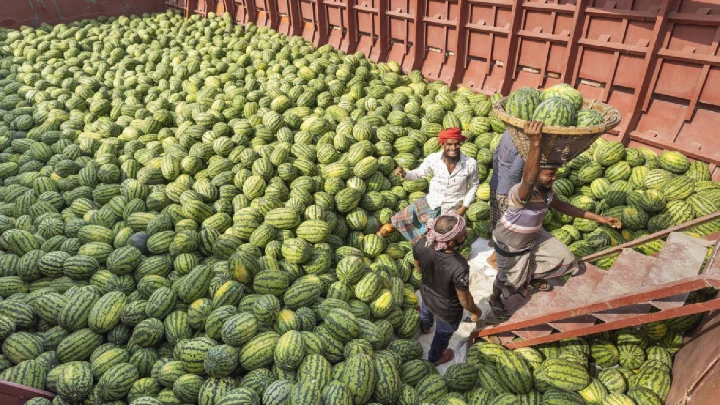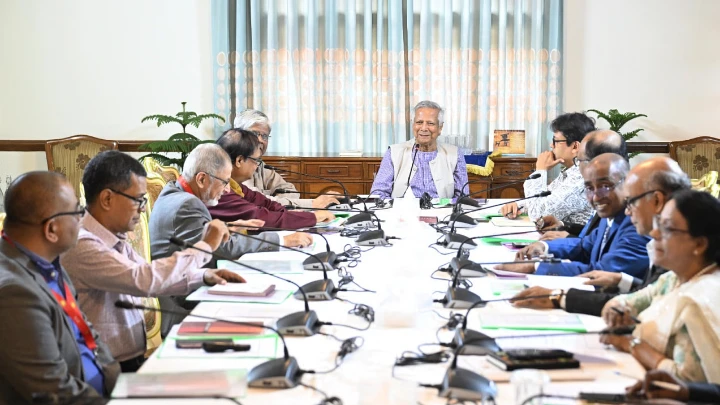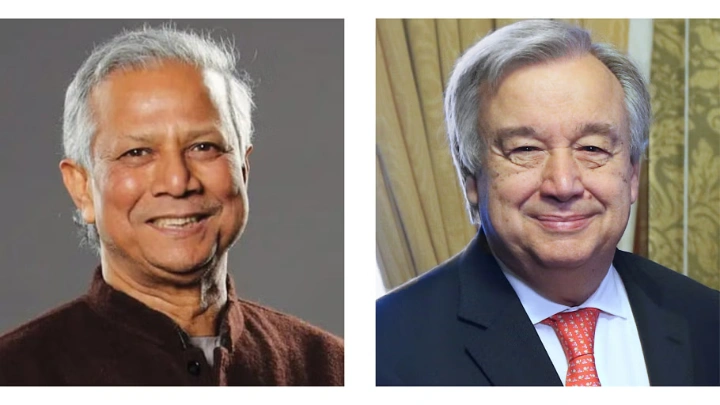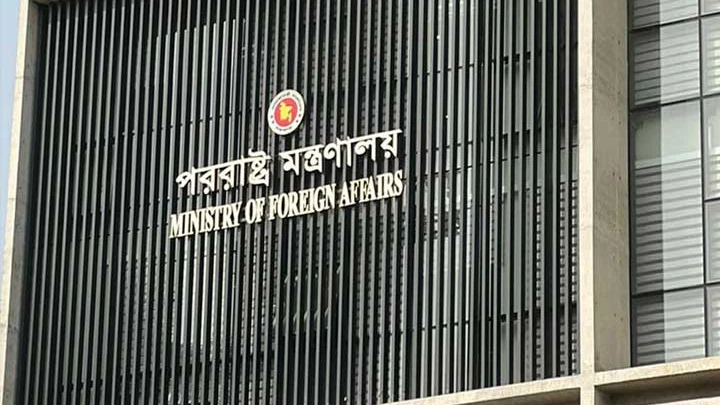The move comes as the government acknowledges the need to stimulate economic activities in rural regions, where employment opportunities have become increasingly scarce
Govt moves to boost rural employment with new development projects
TBS || Shining BD
In an effort to revitalise rural economies and generate employment, the Interim Government has initiated new development projects aimed at injecting fresh capital into rural areas.
At the same time, it plans to amend and refine ongoing projects that were initiated by the previous Awami League government.
The move comes as the government acknowledges the need to stimulate economic activities in rural regions, where employment opportunities have become increasingly scarce.
"There's already a shortage of employment in rural areas," said Planning Adviser Dr Wahiduddin Mahmud during a recent briefing following an Executive Committee of the National Economic Council (ECNEC) meeting. To create jobs, economic activities in these regions need to be accelerated, he said.
Dr. Wahiduddin emphasised the importance of both introducing new development projects and advancing the ongoing ones. "New projects should be initiated quickly, or existing ones should be moved forward through amendments and refinements," he added.
The previous Awami League-led National Economic Council (NEC) had approved an Annual Development Programme (ADP) for the 2024-2025 fiscal year, with a total budget of Tk265,000 crore. This includes 1,321 projects, consisting of 1,133 investment projects, 21 survey projects, 87 technical assistance projects, and 80 projects from autonomous bodies and corporations.
Among the sectors receiving the highest allocation from the ADP, the transport and communication sector tops the list with Tk70,687.75 crore (26.67%), followed by the power and energy sector with Tk40,752 crore (15.38%), and the education sector with Tk31,529 crore (11.36%). Other significant sectors include housing, health, local government, agriculture, and science and technology. Altogether, the top 10 sectors received Tk242,093 crore, which represents 90.25% of the total ADP allocation.
Despite efforts to boost development, inflation remains a concern. According to the Bangladesh Bureau of Statistics (BBS), the overall point-to-point inflation rate fell to 9.92% in September from 10.49% in August 2024. Both food and non-food inflation saw declines, with food inflation dropping from 11.36% in August to 10.40% in September and non-food inflation falling from 9.74% to 9.50% over the same period.
Rural areas saw a notable decrease in inflation, with rates falling from 10.95% in August to 10.15% in September. Urban areas experienced a similar decline, with inflation decreasing from 10.01% to 9.83%.
In response to inflationary pressures, Bangladesh Bank has raised its key policy rate (repo rate) by 50 basis points, bringing it to 9.50% in a bid to control rising prices.
The interim government also acknowledged that many development projects initiated by previous administrations were politically motivated. As a result, it is in the process of amending ongoing projects, which has proven to be time-consuming.
According to sources from the Planning Commission, the government is halting further allocations to projects deemed unnecessary or low priority once they reach a self-sustaining stage. This is part of a broader effort to streamline resources and ensure that development initiatives are more efficient and impactful.
Shining BD

